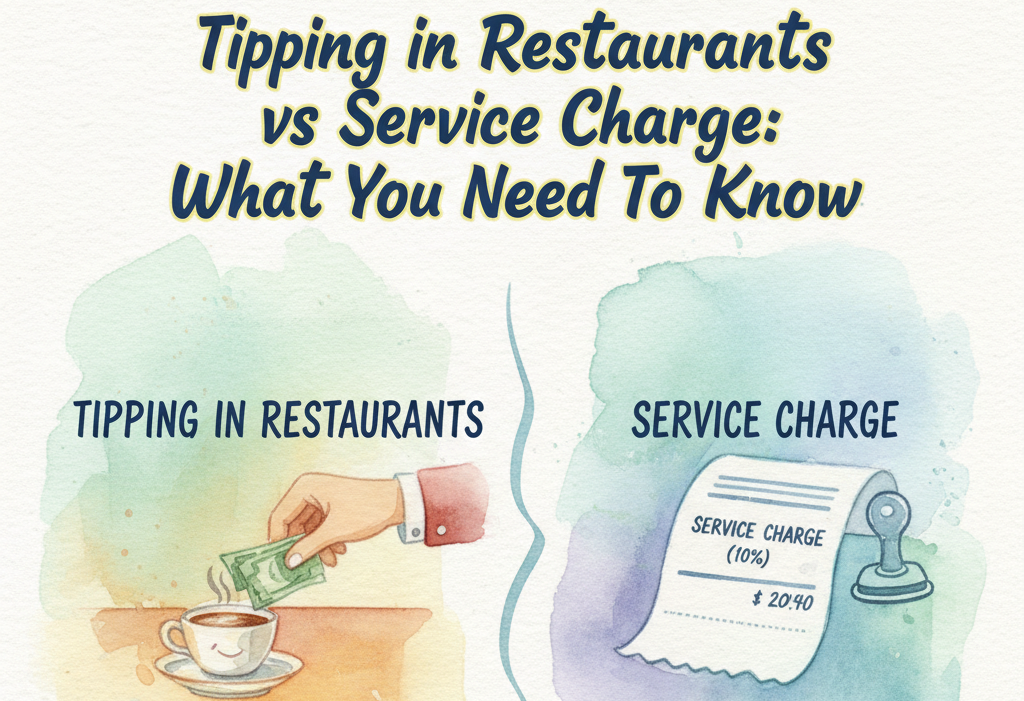Ignoring restaurant kitchen waste management can prove disastrous for your business. Read this article and manage kitchen waste effectively.
Kitchen waste management is an essential aspect of maintaining a clean and sustainable living environment. It involves the proper disposal and recycling of food waste, along with the implementation of effective waste reduction strategies. Ignoring this crucial aspect can lead to numerous negative consequences, both for the environment and for individuals. In this comprehensive guide, we will explore the importance of kitchen waste management and provide practical tips for effective waste reduction.
1. The environmental impact of kitchen waste:
Kitchen waste, when improperly managed, can have severe consequences for the environment. When food waste ends up in landfills, it decomposes and releases harmful greenhouse gases such as methane. Methane is a potent greenhouse gas that contributes to climate change. Additionally, excessive food waste also puts a strain on natural resources such as water and energy, as the production and transportation of food require significant resources.
2. Health and hygiene concerns:
Neglecting proper kitchen waste management can have detrimental effects on health and hygiene. Accumulated food waste can attract pests, such as rodents and insects, which pose health risks and spread diseases. It can also lead to foul odors and bacterial growth, creating an unhygienic environment in the kitchen. This can potentially contaminate food and pose health risks to individuals.
3. Ways to manage kitchen waste effectively:
To avoid the negative consequences of poor kitchen waste management, it is crucial to adopt effective waste reduction strategies. Here are some practical tips to help you manage kitchen waste effectively:
a) Minimize food waste: Plan meals ahead, buy only what you need, and store food properly to prevent spoilage.
b) Separate and recycle: Establish a proper waste segregation system, separating food waste from recyclable materials such as plastic, glass, and paper. Make use of recycling bins and services in your area.
c) Composting: Implement a composting system for your kitchen waste. Composting turns organic waste into nutrient-rich soil that can be used for gardening or landscaping.
4. Recycling and composting options:
There are several options available for recycling and composting kitchen waste. Depending on your location and resources, you can explore the following:
a) Municipal composting: Check if your local municipality offers composting services or has community composting facilities.
b) Home composting: Set up a compost bin or pile in your backyard or balcony to compost your food waste at home.
c) Vermicomposting: Use worms to break down food waste in a controlled environment, producing nutrient-rich worm castings.
Proper kitchen waste management should not be ignored, as its neglect can have far-reaching implications. By understanding the environmental impact of food waste and its effects on health and hygiene, individuals can take action to effectively manage their kitchen waste. Adopting waste reduction strategies, recycling, and composting options can significantly contribute to a cleaner and more sustainable living environment. Don’t make the mistake of ignoring kitchen waste management – take action now to make a positive difference!



